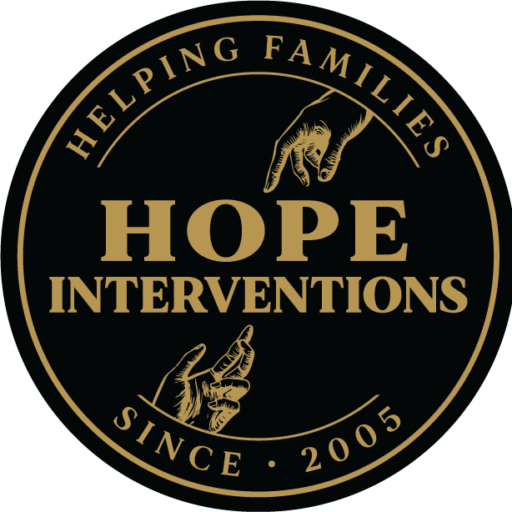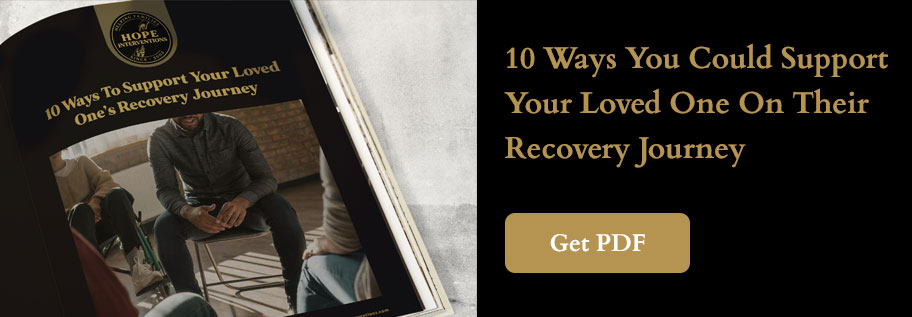Thank you, Dr. Louise Stanger and the All About Interventions team, for such a thoughtful article. Your post “Hope Makers: Why My Friend Gino Galofaro’s Company Name Says Everything About Effective Addiction and Mental Health Treatment” beautifully captures many of the core principles we uphold at Hope Interventions.
What Resonated with Us
Hope as more than sentiment
We appreciate how your article emphasizes that hope isn’t just “positive thinking” — it’s an evidence‐based foundation that supports recovery. At Hope Interventions, we see this every day: clients often come in laden with stigma, shame, or the belief that their path forward is closed. We believe, as you do, that cultivating hope is the pivotal first step toward healing.
Addressing core limiting beliefs
The list you included — “nothing can help me,” “my loved one will never trust me again,” etc. — is a powerful reminder. These beliefs lead to inertia. Hope doesn’t erase the weight of these thoughts, but it opens the possibility of a different story. That shift in narrative is often what unlocks engagement with treatment.
Small steps, small wins
Your “Hope Intervention Toolkit” is spot on. Sometimes the only way forward is by breaking overwhelming problems down into manageable pieces. Celebrating small wins isn’t fluff — it builds momentum, trust, and internal proof that change is possible.
Hope’s ripple effect
One person’s hope can become many people’s hope — family, friends, community. This ripple is an underestimated but vital factor in sustainable recovery. Once hope takes root in an individual or family, it can change the culture of healing around them.
How We Put Hope Into Practice at Hope Interventions
To build on what you wrote, here’s how we operationalize hope in our work:
Early assessment that acknowledges existing hopes and fears
From the very first conversation, we make space for clients and their families to express what they already believe is possible (and what they feel is impossible). This allows us to tailor interventions to amplify hope or gently challenge hopelessness.
Shared goal setting
Rather than imposing a recovery plan, we co-create goals. We ask, “What is one thing you truly want to achieve?” It might be something small, but it matters. The ownership of these goals helps clients see themselves as active agents, not just passive healers.
Storytelling and peer connection
Hearing from people who’ve walked a similar path — that can transform despair. We integrate peer support, testimonies, and group work so individuals see that others have been in their shoes, have failed, relapsed, but kept going. That carries hope.
Flexibility and realism
We believe hope must be realistic to stick. We neither sugar-coat the struggle nor magnify the successes unrealistically. Hope coexists with acknowledgment of the pain, relapse risk, trauma, and mental health challenges. In fact, hope strengthens precisely when it’s held through the hard parts.
Family and support network engagement
Because as you say, families are hope-makers too. Supporting loved ones in terms of their beliefs, their expectations, their boundaries, and their self-care is essential. When families are steady sources of hope rather than burdened by hopelessness themselves, recovery gets reinforced.
Thoughts, Questions, and Further Exploration
-
Measuring Hope: There’s growing research (as your article notes) showing hope is measurable and predictive of outcomes. We’d love to hear more about concrete metrics or assessment tools you’ve found useful in practice to quantify hope (or hopelessness) early on.
-
Hope when relapse occurs: How can interventionists, therapists, and families maintain hope when there’s a relapse or when someone does “everything right” but still struggles deeply? What strategies have you seen that help prevent hopelessness in those moments?
-
Cultural / community dimensions of hope: Much of what you describe seems framed in individual or family terms. How does hope look (and function) in broader community contexts, especially in places or cultures where addiction and mental health are heavily stigmatized?
In Closing
“Hope Interventions” isn’t just a name. It’s a promise — one we share: that even when addiction seems overwhelming, even when someone’s own doubt is loudest, change is possible. Your article captures that promise beautifully. We’re honored to be part of this hope-making work, alongside colleagues, clients, and communities who believe in what’s possible.
Thank you for reminding us all why hope matters. We look forward to partnerships and conversations that keep shining that light.
Warmly,
The Hope Interventions Team

